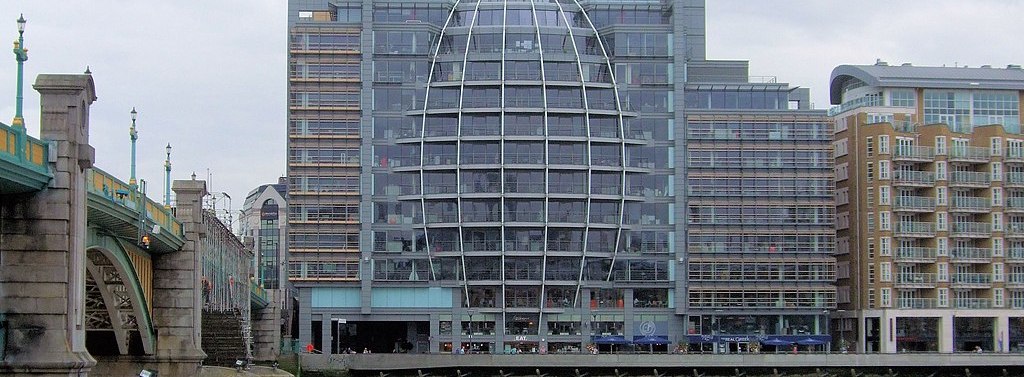The fandango around Paul Dacre and Ofcom has presumably suited the ministers and their spads who first leaked his name as the No 10 choice months ago. The former Mail editor may be a shoe-in to chair the regulator. Politicising this appointment has ensured that the substantial questions, over the increasingly technical challenges of the role and its capacity to shape our future, drowned in a pile of political piffle. Many serious potential candidates were dissuaded from applying: only nine threw their hats into the ring in the first round. That the competitive process is proceeding at all, however hobbled to accommodate Dacre, is a kind of victory—perhaps pyrrhic but nevertheless reassuring. No 10 had the legal right to appoint whoever it chose.
The job criteria has now been changed to make an aggressive appointment likely, and in a farcical twist, the “independent” appointments panel includes Michael Simmonds, a former Tory adviser and the brother-in-law of Robbie Gibb, who was Theresa May’s comms chief and is now on the BBC board.
The way in which our media is run is crucial to the future of democracy. This anxiety is shared across the political spectrum. Patricia Hodgson, herself an Ofcom Chair between 2014-18 and author of a recent Policy Exchange report on reform of the civil service, observes: “Media appointments will always be a matter for controversy. As such it behoves those in power to find the very best slate of candidates—so that neither the process nor the final outcome can be criticised.”
Ofcom is about to expand to regulate far more than in the past—not just public service content producers (ie the broadcasters) but also the internet and online harms. It shows a lack of attention to the national interest that when faced with an appointment that could shape our democratic future, the government seems preoccupied only with making a flap that it can be seen to win and others to lose.
.
Photo: Jim Linwood via Wikipedia. CC BY 2.0











